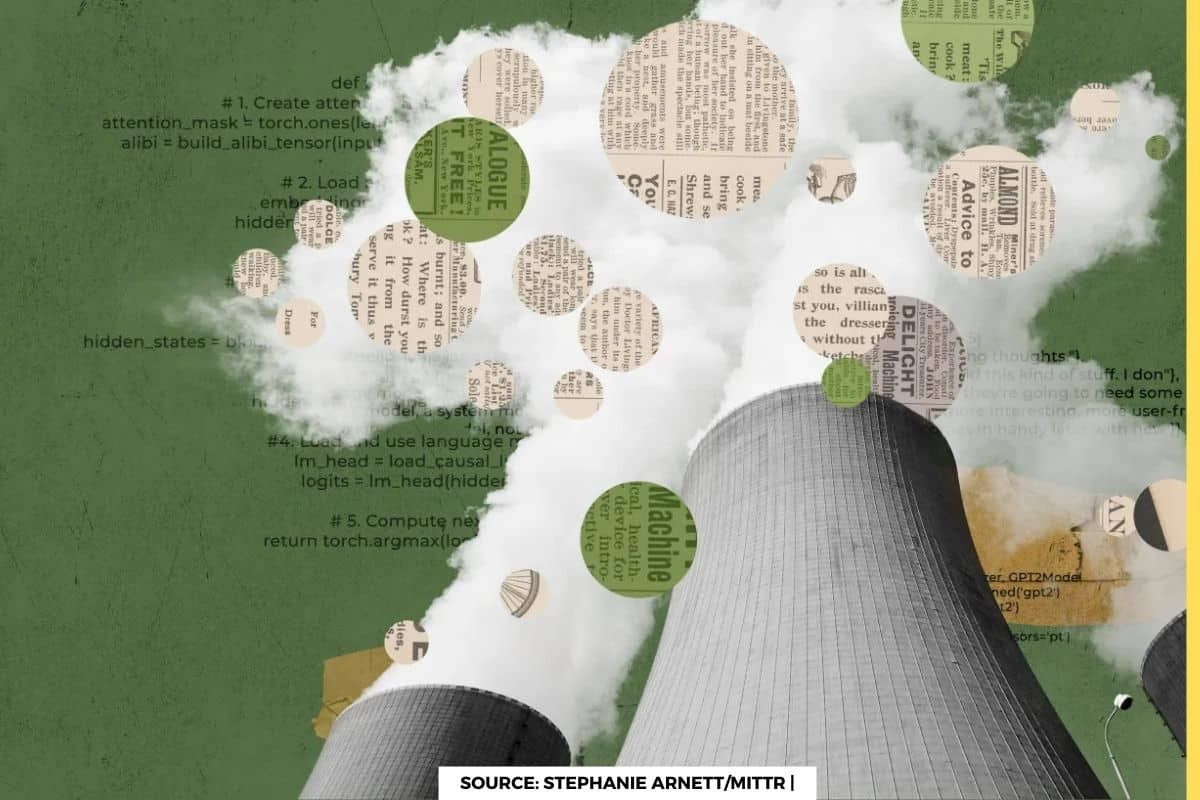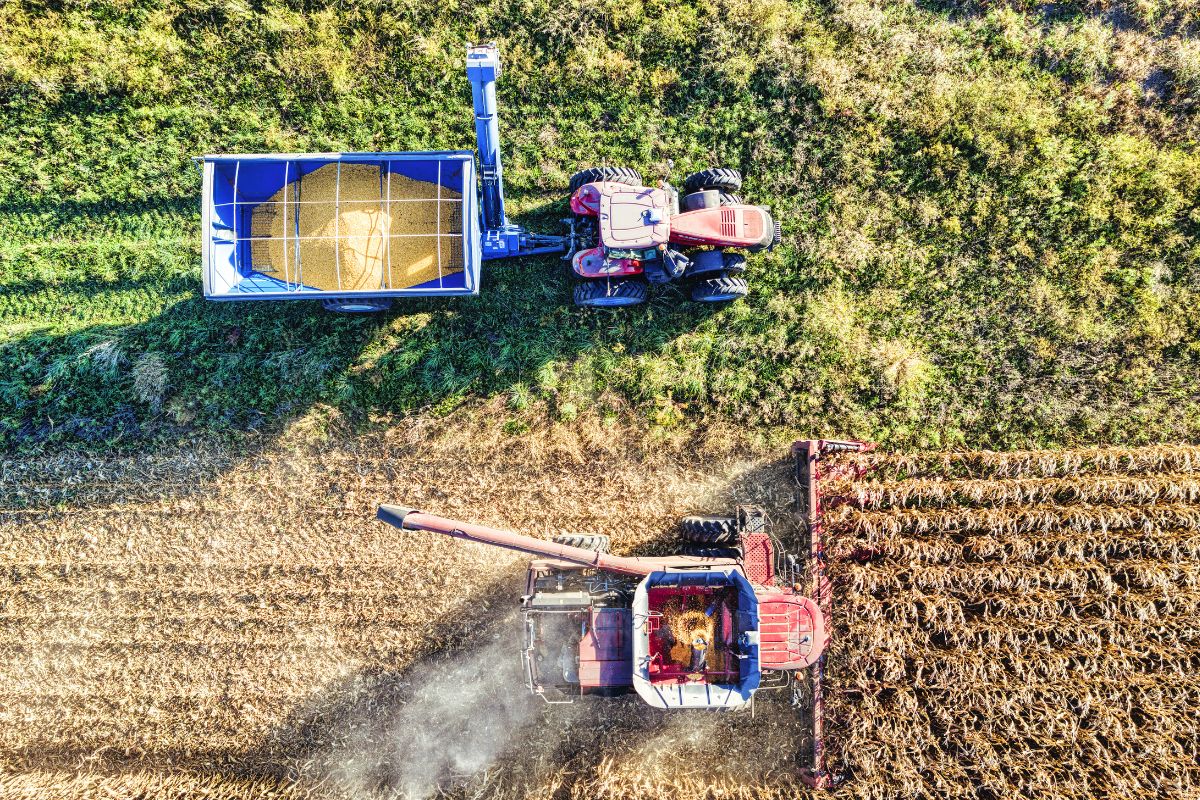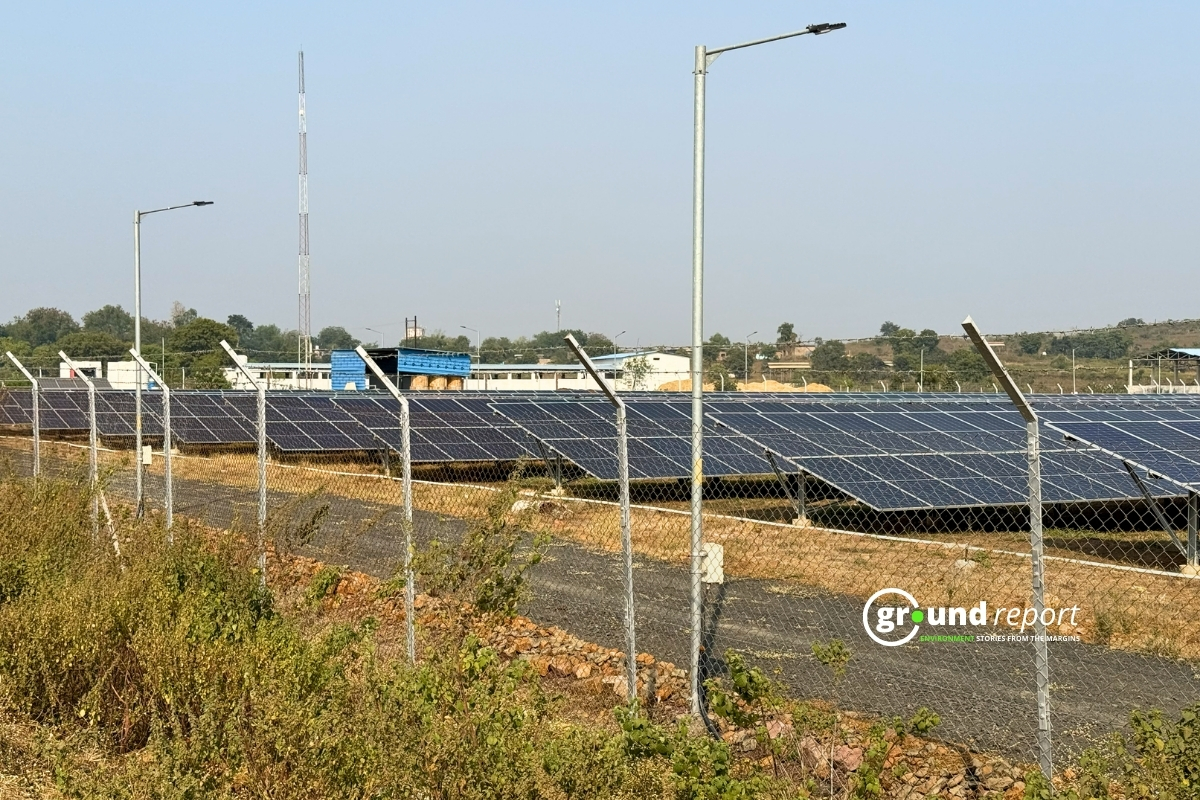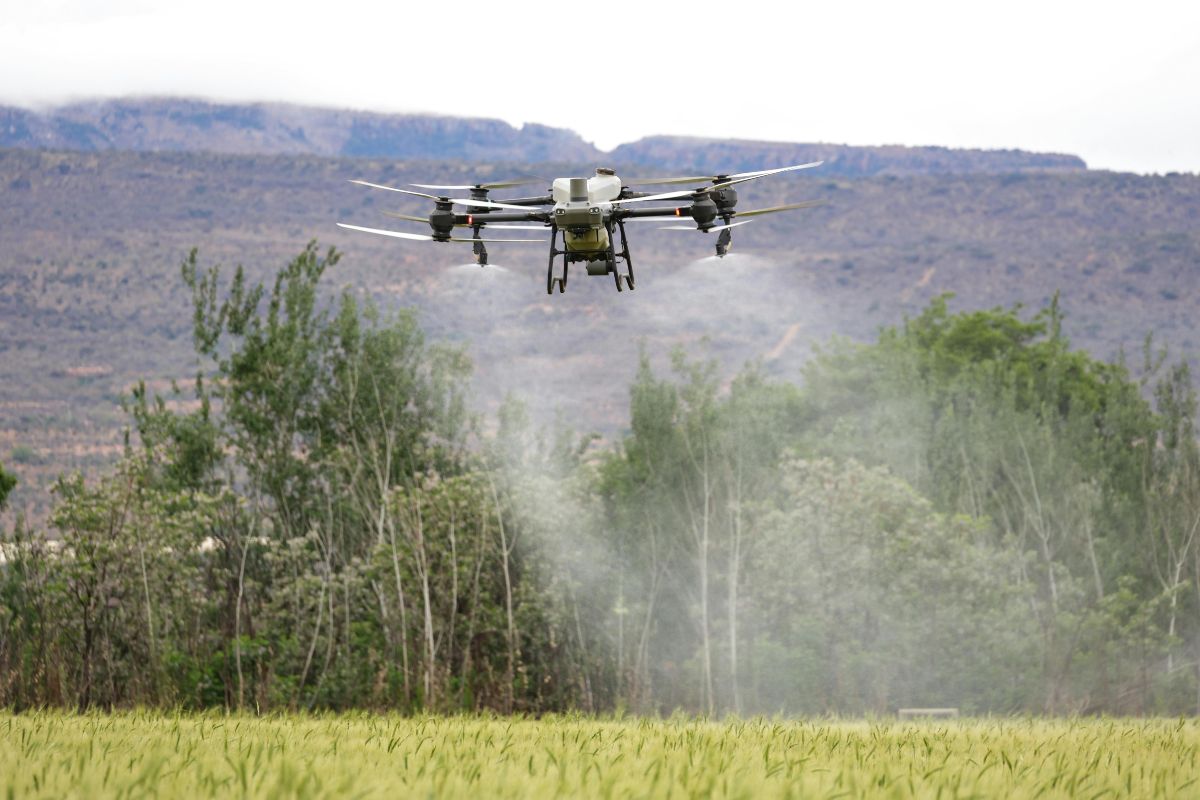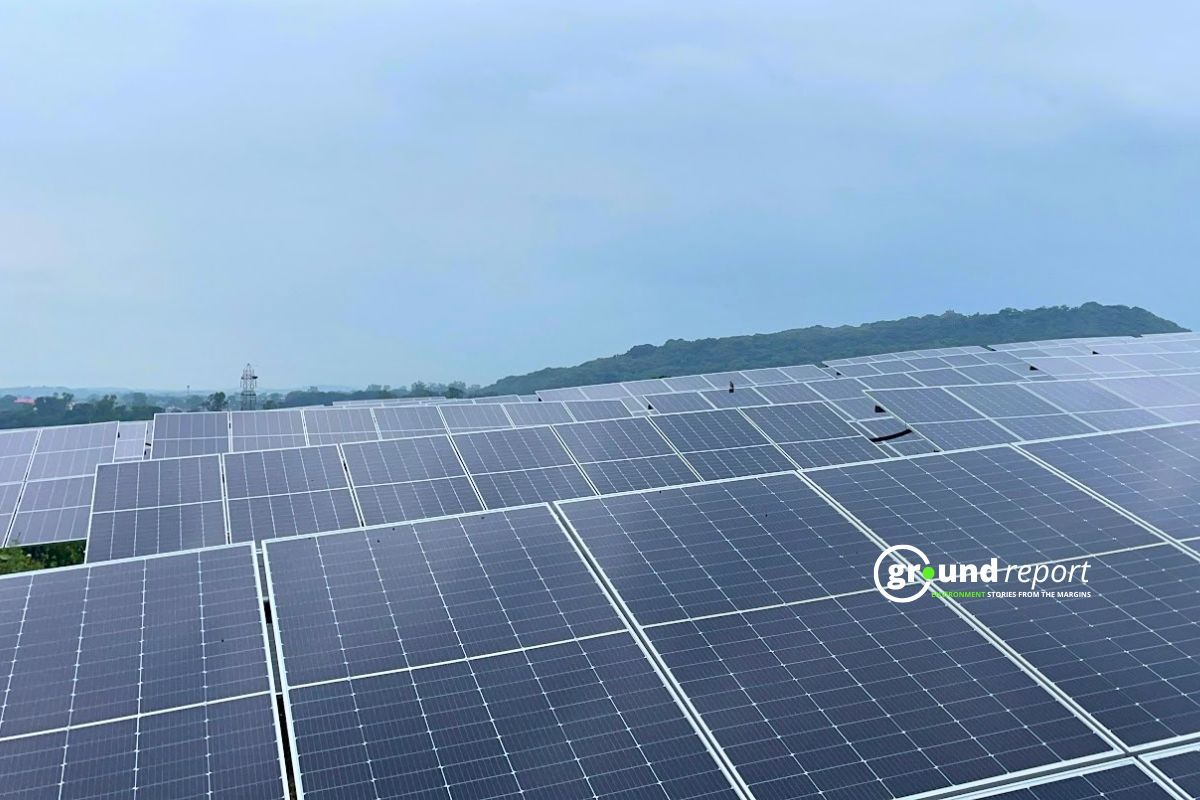A team of scientists led by the University of Illinois Urbana-Champaign has proposed a supercomputing solution to measure agricultural field-level greenhouse gas emissions. This initiative comes in response to increasing government investments aimed at mitigating climate change, which are pushing agricultural sectors to find reliable ways to measure their role in climate change.
The new method, which has been tested locally in the Midwest, can be scaled to national and global levels. It aims to help industries understand best practices for reducing emissions.
New approach to measure Agricultural Emissions
The study was led by Caiyu Guan, a professor of natural resources and environmental sciences. Guan’s team analyzed more than 25 previous studies to determine the amount of greenhouse gas emissions produced by U.S. farmland. The findings of the research have been published in Earth Science Review.
According to Guan, there are many agricultural practices that can significantly help reduce greenhouse gas emissions. However, the scientific community has struggled to find a consistent way to measure how well these practices work.
To address this issue, Guan’s team developed a solution based on agricultural carbon outcomes. They defined these outcomes as the associated changes in greenhouse gas emissions when farmers adopt practices to mitigate climate change, such as cover cropping, precise nitrogen fertilizer management, and the use of controlled drainage techniques.
“We developed what we call a ‘system of systems’ solution, meaning we brought together a variety of sensing technologies,” said Bin Peng, co-study author and scientist at the IU Institute for Sustainability, Energy and Environment. “For example, we combine ground-based imaging with satellite imagery and process that data with algorithms to extract information about crop emissions before and after farmers adopt different mitigation practices.”
Role of AI and Sensing Technologies
Artificial intelligence also plays an important role in achieving the ambitious goals of measuring carbon emissions of every sector. “In contrast to the traditional model-data fusion approach, we used information-based machine learning, a new way to bring together the power of understanding data, information, and artificial intelligence techniques,” said study author and University of Minnesota professor Jenong Jin.
The study also explores how data on emissions and agricultural practices can be cross-checked against economic, policy and carbon market data. This can help identify best practices and solutions to reduce greenhouse gas emissions at local and global levels.
To compute the vast amounts of information from millions of individual farms, the team is using supercomputing platforms available at the National Center for Supercomputing Applications (NCSA). “Access to resources at NCSA makes this important work possible,” Guan said.
“The real beauty of our tool,” Peng said, “is that it is both very generalizable and scalable, meaning it can be used by almost any country in any country to capture reliable emissions data using our targeted process and techniques.”
Support us to keep independent environmental journalism alive in India.
Keep Reading
Watch: Kashmir experiences first snowfall of season after dry spell
Amarnath Yatra: Tackling rising death toll from extreme weather events
Tourists arrival in Kashmir break records, a need to regulate it?
From tourist paradise to waste wasteland: Sindh River Cry for help
Follow Ground Report on X, Instagram and Facebook for environmental and underreported stories from the margins. Give us feedback on our email id greport2018@gmail.com.
Don’t forget to Subscribe to our weekly newsletter, Join our community on WhatsApp, and Follow our YouTube Channel for video stories.
